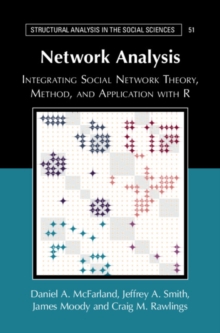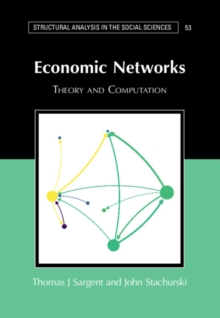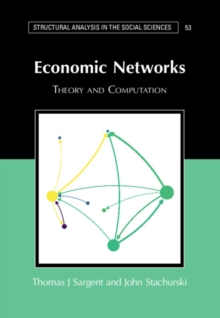
The Struggle for Control of the Modern Corporation : Organizational Change at General Motors, 1924-1970 Paperback / softback
by Robert F. (Stanford University, California) Freeland
Part of the Structural Analysis in the Social Sciences series
Paperback / softback
Description
Winner of the 2005 Business History Review Newcomen Award for best book in business history, The Struggle for Control of the Modern Corporation provides a fascinating historical overview of decision-making and political struggle within one of America's largest and most important corporations.
Drawing on primary historical material, Robert Freeland examines the changes in General Motors' organization between the years 1924 and 1970.
He takes issue with the well-known argument of business historian Alfred Chandler and economist Oliver Wiliamson, who contend that GM's multidivisional corporate structure emerged and survived because it was more efficient than alternative forms of organization.
This book illustrates that for most of its history, GM intentionally violated the fundamental axioms of efficient organization put forth by these analysts.
It did so in order to create cooperation and managerial consent to corporate policies.
Freeland uses the GM case to re-examine existing theories of corporate governance, arguing that the decentralized organizational structure advocated by efficiency theorists may actually undermine cooperation, and thus foster organizational decline.
Information
-
Out of stock
- Format:Paperback / softback
- Pages:384 pages, Worked examples or Exercises
- Publisher:Cambridge University Press
- Publication Date:26/12/2005
- Category:
- ISBN:9780521677912
Information
-
Out of stock
- Format:Paperback / softback
- Pages:384 pages, Worked examples or Exercises
- Publisher:Cambridge University Press
- Publication Date:26/12/2005
- Category:
- ISBN:9780521677912










